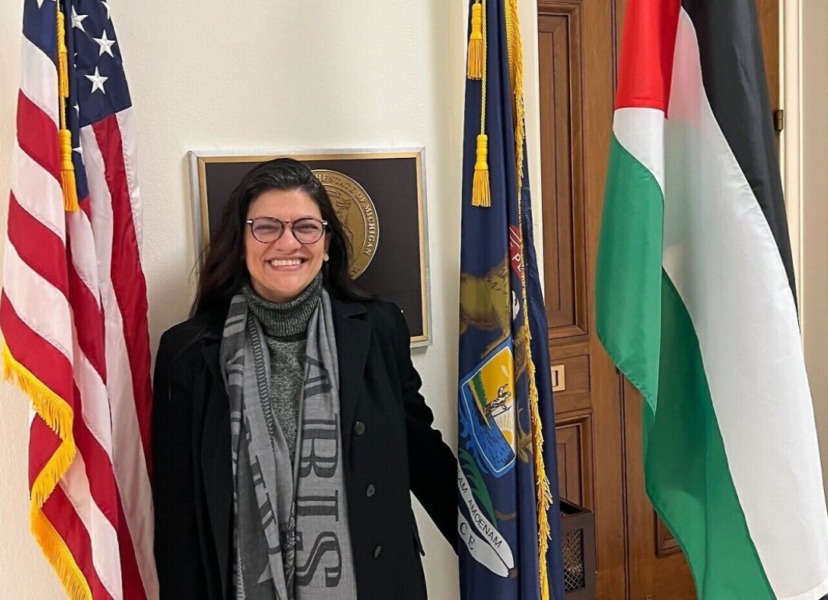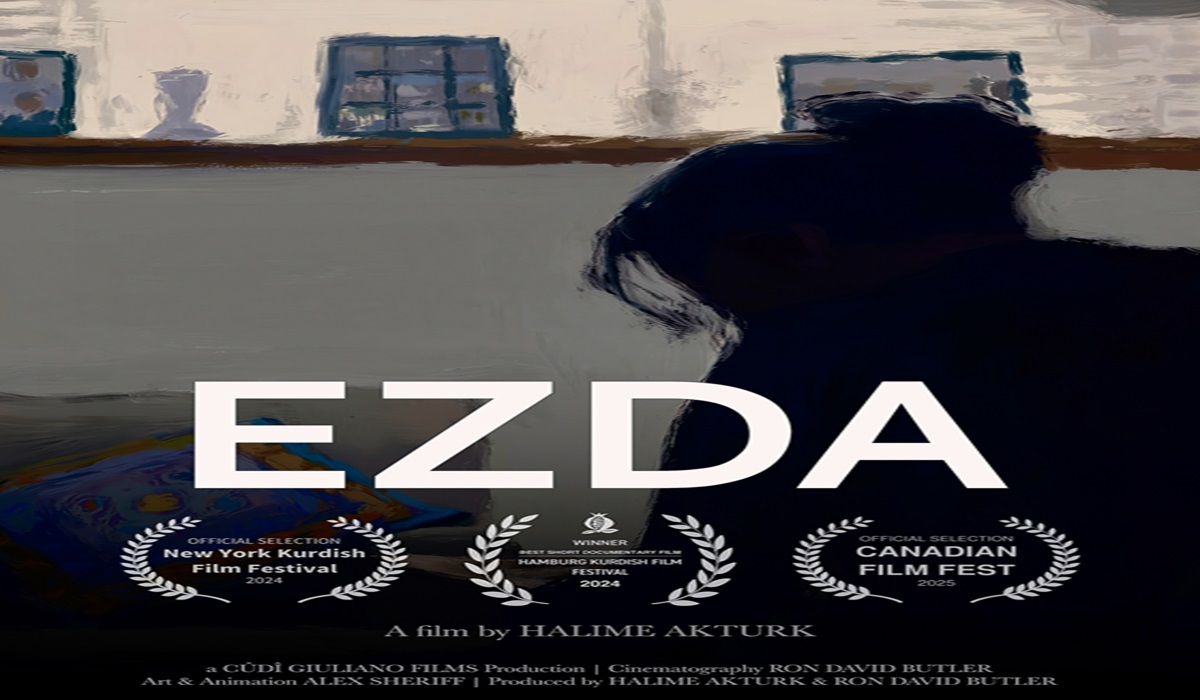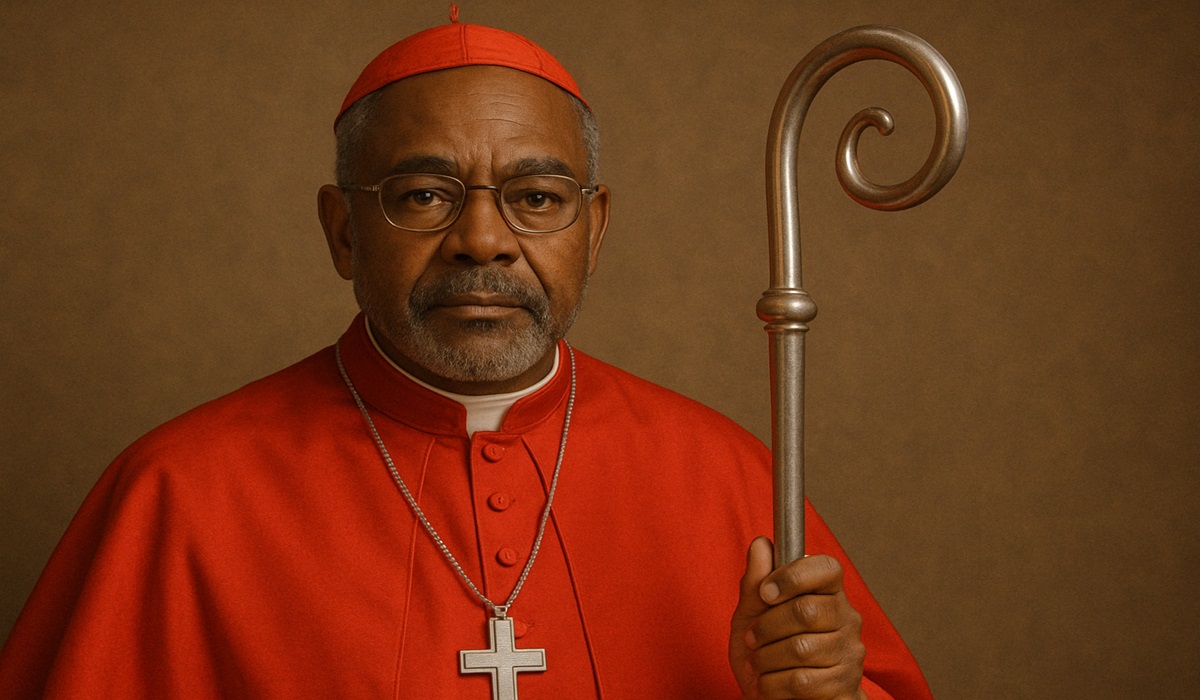Congresswoman Tlaib’s Flag Display: Freedom of Expression Under Fire
- Ingrid Jones
- D.O.C Supplements - Trending News
- Midwest USA
- October 11, 2023

In the ongoing conflict and escalation between Israelis and Palestinians, the world watches closely as politics and rhetoric intertwine in a complex dance of signs and misinformation. Today, we focus on the power of rhetoric and the dangerous game played in the Halls of Congress. Specifically, we examine the controversy surrounding Representative Tlaib’s Palestinian flag outside her office as a show of support for the Palestinian community. What was meant as a simple gesture of solidarity has been mired in controversy, highlighting the troubling state of political discourse in our society.
“I grieve the Palestinian and Israeli lives lost yesterday, today, and every day. I am determined as ever to fight for a just future where everyone can live in peace, without fear and with true freedom, equal rights, and human dignity,” Said Congresswomen Tlaib
In an increasingly polarized political landscape, rhetoric often overshadows common sense. Representative Tlaib’s displaying of her Palestinian flag outside her office was not a show of support for Hamas or terrorism and did not make her less American, nor does she advocate for violence. Yet, some members of the GOP are now calling for a law to ban all non-American flags in Congress, raising concerns about the freedom of expression and the right to show support for one’s heritage or cause. The framed narrative was the Congresswomen erecting the flag after the deadly Hamas attack. What was missing from most media coverage was that the flag was displayed outside her office for almost a year beside her American flag, those of congressional ones and the LGBTQ.
“The halls of Congress belong to America. They should be reserved for flags that embody our great nation. “The Palestinian flag should not have a place here.” Max Miller Tweeted the Congressman for Ohio
It is worth recalling that during the January 6 terrorist attack on the U.S. Capitol, flags bearing Trump’s name, the swastika and the Confederate flag were displayed without widespread condemnation or efforts to prevent them from being glorified. This double standard in dealing with flags and symbols only deepens our society’s divide.
The American Congress is filled with Immigrants who have contributed to the nation, and you see that daily throughout the halls of Congress and within their offices. Pride for America, love for their homeland and a yearning for peace.
Every day, somewhere in America, there are instances where the flags of the KKK, Nazi and Confederate are still flown, and they undoubtedly symbolize some of the most horrifying and abhorrent aspects of history. Surprisingly, some of these symbols still persist in some government offices, raising a perplexing question about why there isn’t a consistent effort to eliminate them from public discourse. The answer lies in the fact that these expressions, no matter how repugnant, are protected under the First Amendment of the Constitution, which safeguards the freedom of speech and expression, even when those expressions represent ideologies that go against the values of inclusivity and equality that many Americans hold dear. This paradox forces society to grapple with the tension between preserving the principles of free speech and combatting hate symbols that have caused immense harm throughout history.
We must remember that Representative Tlaib is of Palestinian heritage. Most Americans cannot fathom what she or her family has gone through in the past, nor can they truly understand the lived experiences of Israelis in the region. Displaying patriotism for one’s homeland and family is not equivalent to supporting terrorism. It is essential to differentiate between support for a nation and advocating for violence.
In an era where political discourse is increasingly divisive, we must refrain from dehumanizing one another. Calls for and harm against elected officials and members of society only perpetuate a world and a history marred by violence. Wars bring no winners; they bring only sorrow, with children never seeing their next birthdays and entire Palestinian and Israeli families wiped out.
When we label support for a nation as support for terrorism, we contribute to the cycle of misinformation. It is time to rise above the divisive rhetoric and recognize that immigrants can love their adopted country and homeland. Love is not a finite resource, and showing support for one does not diminish support for the other.
In the grand scheme, there should be no war in Gaza or Israel, only peace. The bloodshed must stop, and further escalation must be avoided. Cooler heads must prevail, and those with wisdom and reason must step forward.
It is time for the adults and intelligent individuals in the room to stand up and be heard. We are better than this; we must rise above the divisive rhetoric and misinformation that plagues our political discourse. The path to peace begins with understanding, empathy, and dialogue, not banning flags or stifling freedom of expression.
The duplicity of politics, the rhetoric surrounding flags, and the Israeli-Palestinian conflict are complex issues that demand a nuanced and thoughtful approach. It is crucial that we, as a society, rise above the divisive rhetoric and work towards a more peaceful and understanding world. Ultimately, it is not flags that matter but the lives and futures of those who call these conflicted regions home.








